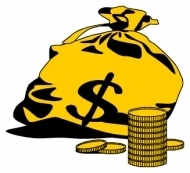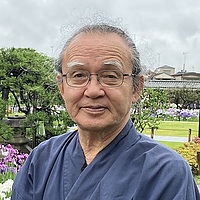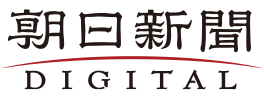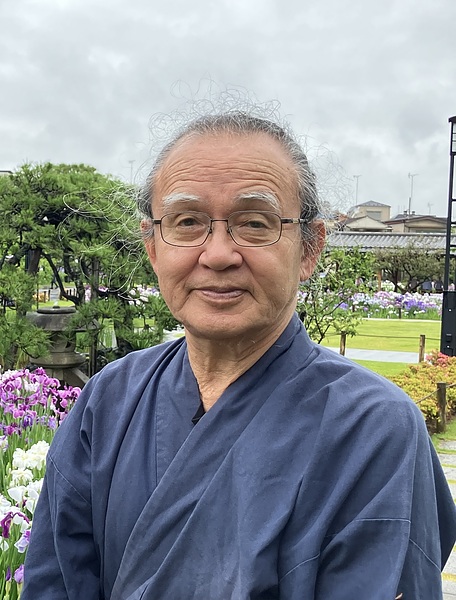英検1級道場-準1級合格を目指して新規受講者相次ぐ、全員リスニングが弱点

英検準1級2016-3リスニングパート②(E) Cashは、キャッシュレス社会到来の可能性についての興味深い記事です
今朝のBBCワールドニュースに、韓国での取り組みに関する記事があり、早速、レッスンで使っています
これは、韓国で、少額のおつりのコインをもらうのではなく、SUICAなどにチャージしたり、銀行口座にチャージできるようにするという取り組み実験が始まったことを紹介しています
時代の最先端を行く動きの記事は注目すべきですが、英検もBBCもさすがです!
英検1級道場は、英検のずいぶん昔の過去問もやりますが、こうした時代のトレンドに敏感に反応した教材を使っていくことを得意としています
■英検準1級 2016-3リスニングパート② (E)Cash
In some countries today, cash makes up only a small percentage of the currency in use; the rest is in electronic form. Some economists are now recommending eliminating coins and paper money altogether. Kenneth Rogoff of Harvard University points out that some problems, such as the printing of fake money, would be solved if cash disappeared.
Furthermore, Rogoff thinks that using only electronic money would make it easier for the government to collect taxes from those who have been paid in cash until now.
Not everyone is ready to say goodbye to cash, however. Many people are concerned about the lack of privacy that a fully electronic monetary system would cause. One possible option would be for governments to stop producing larger bills, such as 50- and 100-dollar bills. This would allow large payments to be tracked while still letting people use smaller bills for everyday purchases.
■BBC記事
South Korea begins coinless society trial
South Korea is starting a trial which could result in banishing its largely worthless coins from the country's economy.
Starting on Thursday, instead of accepting small change from purchases, customers at selected stores can instead opt to deposit it onto prepaid cards such as transportation cards, the Yonhap news agency reports. This means that customers won't have to carry change in their pockets after making cash payments, the Bank of Korea (BOK) says.
Some of South Korea's major convenience stores are taking part in the scheme and, if the initial trial is a success, bank officials plan to allow change to be remitted straight into bank accounts by next year. According to the Korea Herald, nearly two-thirds of people surveyed by BOK say they don't carry coins any more, with half of those polled supporting plans for a coinless society.
One of the major drives behind the move - apart from the convenience to the public - is the cost of producing the coins balanced against their actual value. The lowly 10 won coin represents the equivalent of around half a British penny; while the largest value coin is 500 won, worth around 35p, or 44 US cents. The lowest value bank note is 1,000 won. According to BOK, the country spent 53.7 billion won ($47m; £36.7m) on producing coins in 2016.
Cha Hyeon-jin, one of the officials behind the scheme, says that while no long-term decisions have been made, there's a "good chance" that going coinless could eventually lead to a totally cashless society in South Korea at some stage in the future.











